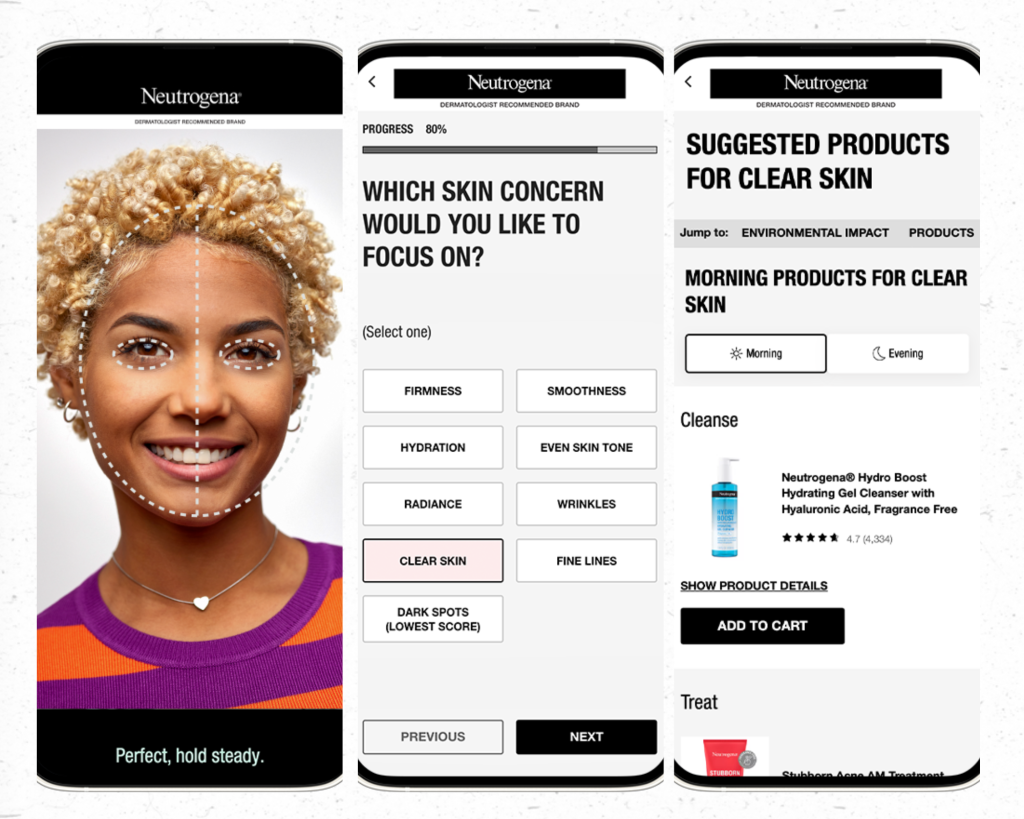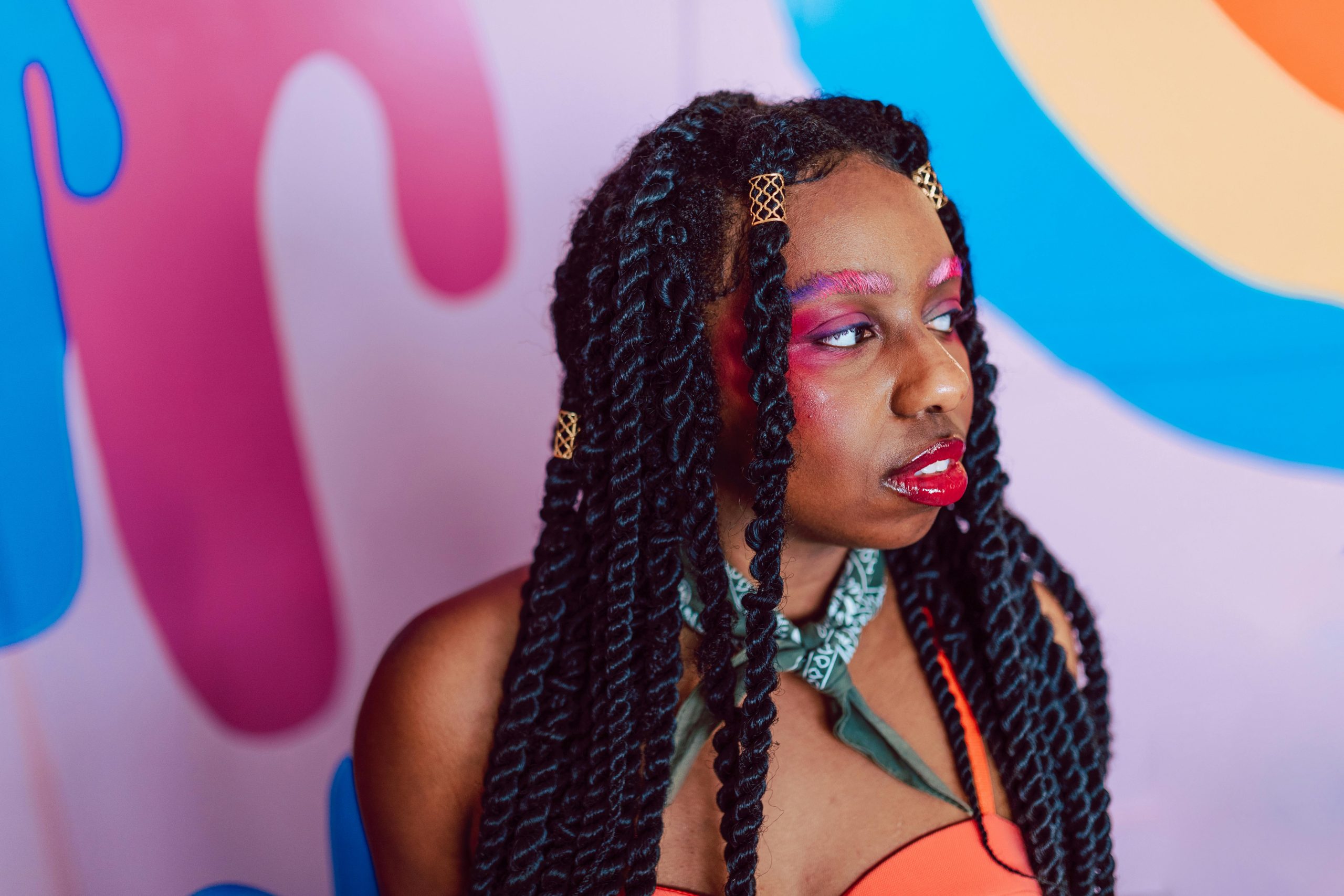The beauty industry is entering a transformative era, where technology and innovation are reshaping how we care for our skin. Personalized skincare, once a luxury reserved for a select few, is now becoming accessible to the masses through advancements in artificial intelligence, machine learning, and digital diagnostics. This beauty tech revolution promises products and routines tailored to the unique biology and lifestyle of each individual, taking the guesswork out of self-care and delivering real, measurable results.
Canada’s tech-savvy entrepreneurs and beauty innovators are at the forefront of this movement. They are combining data science with dermatology, botany, and sustainability to create intelligent skincare solutions that adapt and evolve. This marriage of technology and beauty is not just about gadgets or apps but really about empowering consumers to understand their skin deeply and make informed decisions.
The Rise of AI in Beauty
Artificial intelligence has made remarkable strides in recent years, and its applications in skincare are particularly exciting. AI-powered platforms analyze a multitude of factors such as skin type, concerns, environment, and even genetics to recommend personalized routines.
For example, apps like Atolla use AI algorithms to assess skin condition through user-uploaded photos and questionnaire responses. They then formulate custom serums designed specifically for the user’s current skin needs. This level of customization was unimaginable a decade ago. In Canada, startups like Skinnovate are developing smart devices and AI-powered tools that provide real-time skin analysis. These innovations allow consumers to track changes, adjust their skincare regimens, and receive expert advice without leaving their homes.
Beyond One-Size-Fits-All
Traditional skincare has long been limited by mass production and standardized formulations. This often leaves consumers experimenting with products that may not suit their unique skin chemistry, resulting in frustration and wasted resources.
Personalized beauty tech addresses this by recognizing that skin is dynamic and complex. Factors such as stress, diet, sleep patterns, pollution, and weather all influence skin health and appearance. AI systems take these variables into account, adjusting recommendations as your skin changes. This approach encourages a shift from rigid routines to adaptive, responsive care—skincare that listens to your skin rather than forcing it into a one-size-fits-all mold.
Ingredient Customization and Formulation
One of the most fascinating aspects of beauty tech is how it enables bespoke product formulation. Using AI data and skin diagnostics, brands can create tailored serums, creams, and masks that target specific concerns with precision. Companies are adopting 3D printing and microfluidics technologies to mix active ingredients in optimal concentrations for each individual. This reduces overuse of unnecessary chemicals and maximizes efficacy. Sustainability is also enhanced by this model, as it minimizes waste from bulk production and returns only what consumers truly need.
The Role of Data Privacy and Ethics
As beauty tech becomes more data-driven, questions around privacy and ethics arise. Consumers entrust sensitive health information to apps and devices, making security paramount. Leading Canadian companies are prioritizing transparent data policies, allowing users to control how their information is used. Ethical AI development is also crucial to avoid bias and ensure recommendations serve all skin types and ethnicities fairly.
Smart Devices for In-Home Diagnostics
Another exciting frontier in beauty tech is the rise of smart diagnostic devices for home use. Tools equipped with sensors and cameras assess hydration levels, pore size, texture, pigmentation, and UV damage. Brands like Neutrogena’s Skin360 and Foreo’s Iris offer portable devices paired with apps that analyze skin and provide personalized feedback. This empowers consumers to understand their skin health more scientifically and make data-driven choices.
Canadian innovators are also contributing to this field. With advances in imaging and sensor technology, startups in Vancouver and Toronto are developing devices that not only analyze skin but integrate with broader health apps to correlate skincare with overall wellness.

Democratizing Expertise
Beauty tech revolutionizes access to expert skincare advice. Not everyone can afford frequent visits to dermatologists or aestheticians. AI platforms and diagnostic devices bridge this gap by providing affordable, on-demand consultations. Virtual skin assessments, personalized product subscriptions, and interactive apps enable users to receive guidance tailored to their lifestyle and budget. This democratization empowers people to take charge of their skin health with confidence.
The Future of Beauty Care
The future of skincare lies in the seamless integration of technology, biology, and wellness. Wearable sensors could soon track UV exposure, hydration, and pollution in real time, adjusting product recommendations accordingly. Artificial intelligence will continue evolving to understand emotional and hormonal changes, factoring them into skincare advice. The convergence of beauty tech with nutrition, sleep science, and mental health apps promises a holistic approach to radiant skin.
Canadian innovators stand ready to lead this charge, blending the country’s strengths in AI, health tech, and natural ingredients. Together, they are shaping a future where personalized skincare is intelligent, effective, and inclusive.





